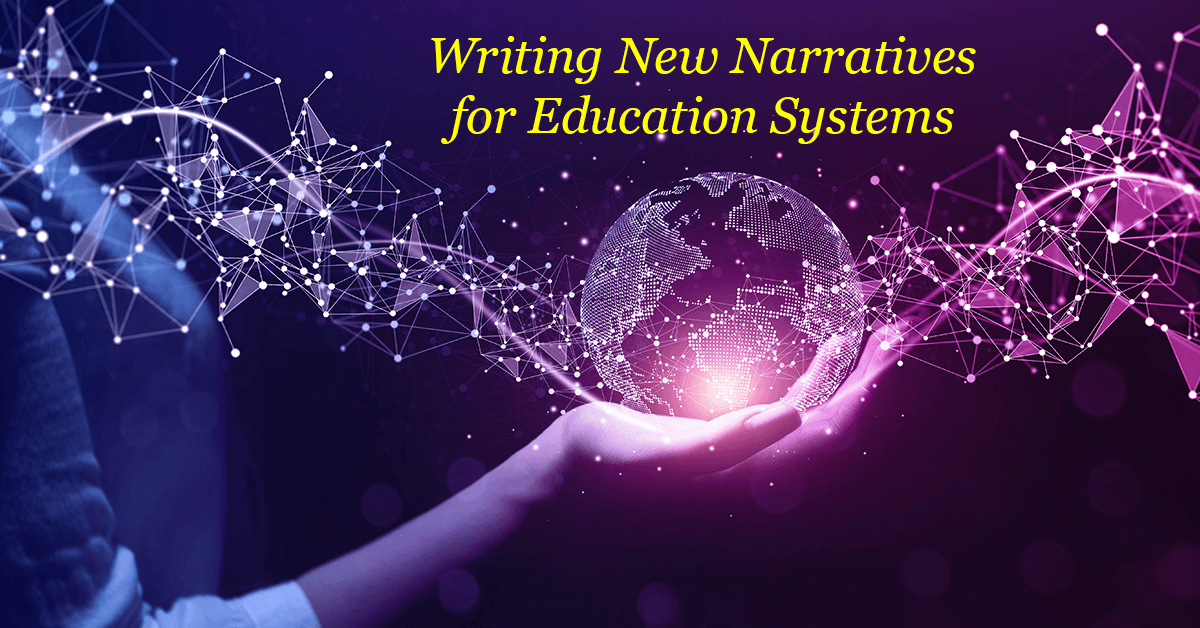August 11, 2022
Our knowledge will take its revenge on us, just as ignorance exacted its revenge during the Middle Ages. ~Friedrich Nietzsche
In the previous article, I asked “What if schools’ primary purpose was to nurture thriving relationships?” I did so thinking about “21st-century skills,” which are so often pushed by industry and education. I am not quite sure when these skills became the exclusive property of the 21st century, but I will venture to guess that it had to do with the changing capitalist landscape. Corporations realized they needed knowledge workers (with different skillsets to previous generations of workers) to compete in the post-service economy and they put pressure on transnational organizations like the World Economic Forum to “reveal” periodically the top 5,10, or 20 skills employees will need for the future. Every so often, these reports fall into the hands of a well-meaning school administrator who then pushes competency development into the curriculum and calls it “future ready.”
Today, in addition to competing on test scores and grade point averages (which suffer from grade inflation) students get to compete on their so-called 21st-century skills—say, how creative and ethical they…



